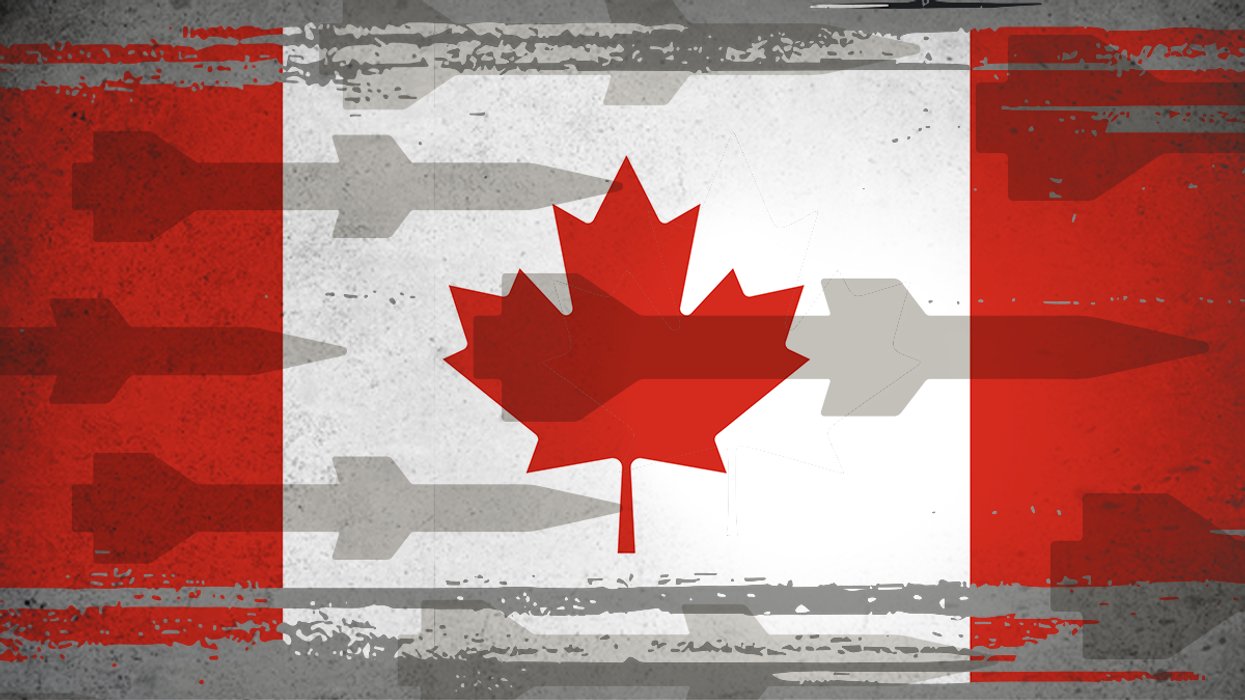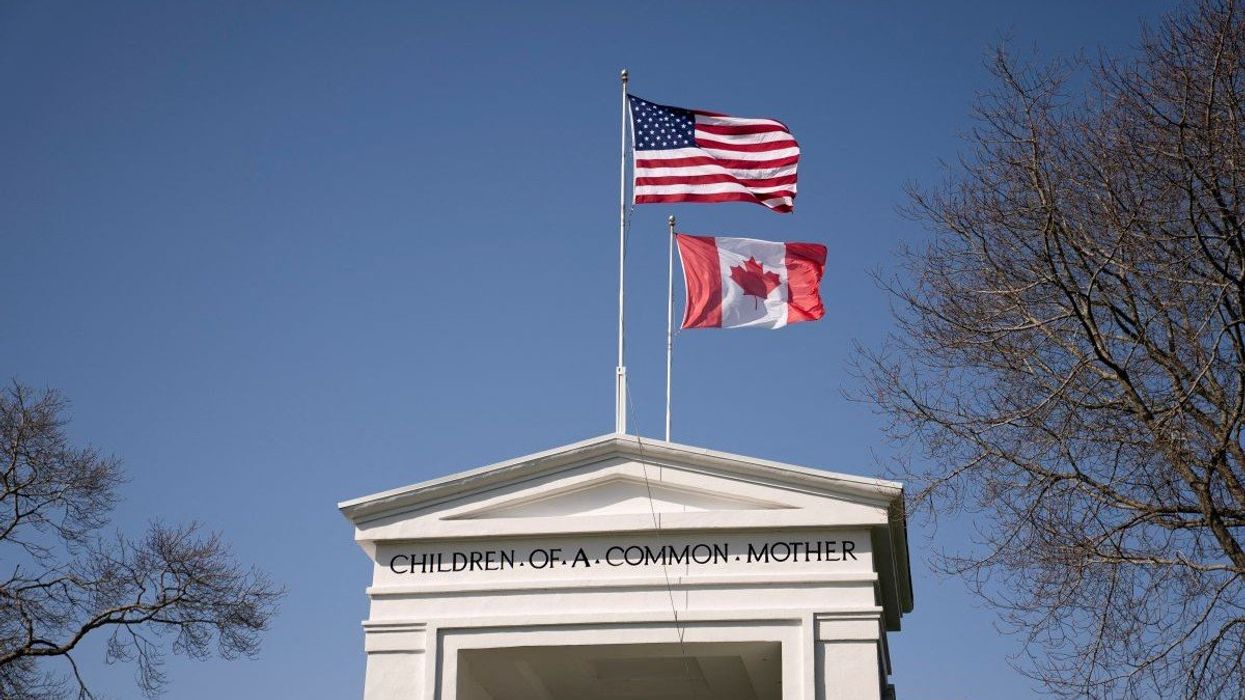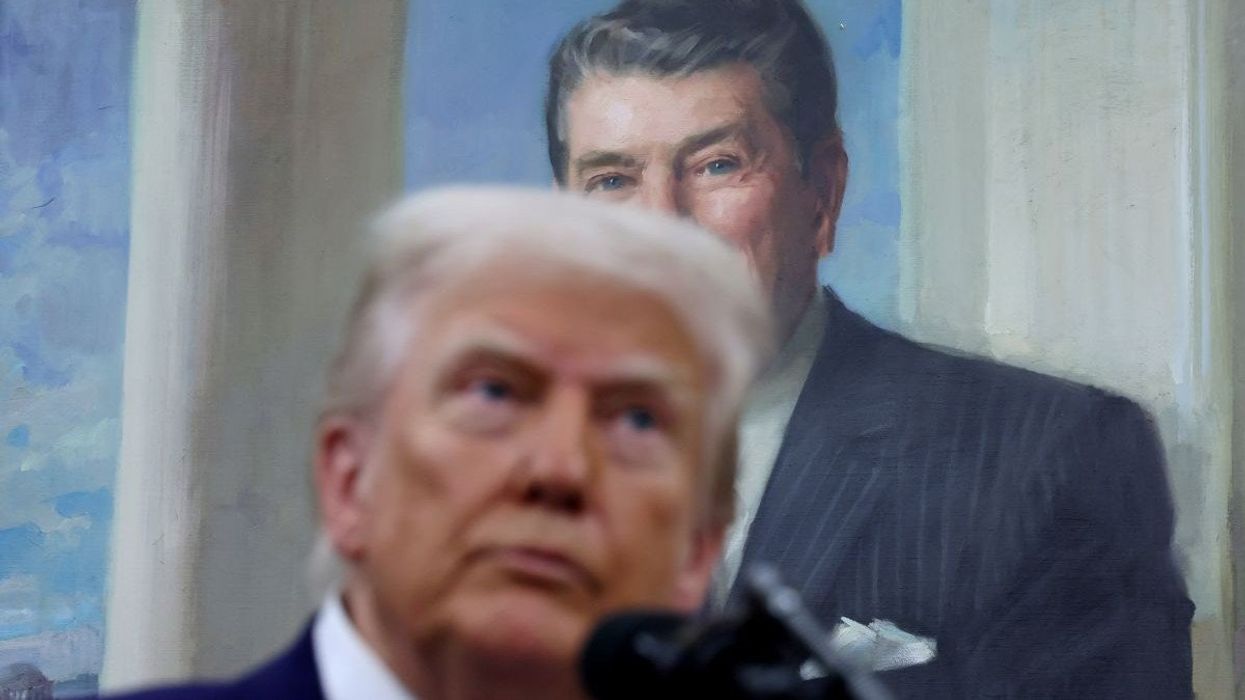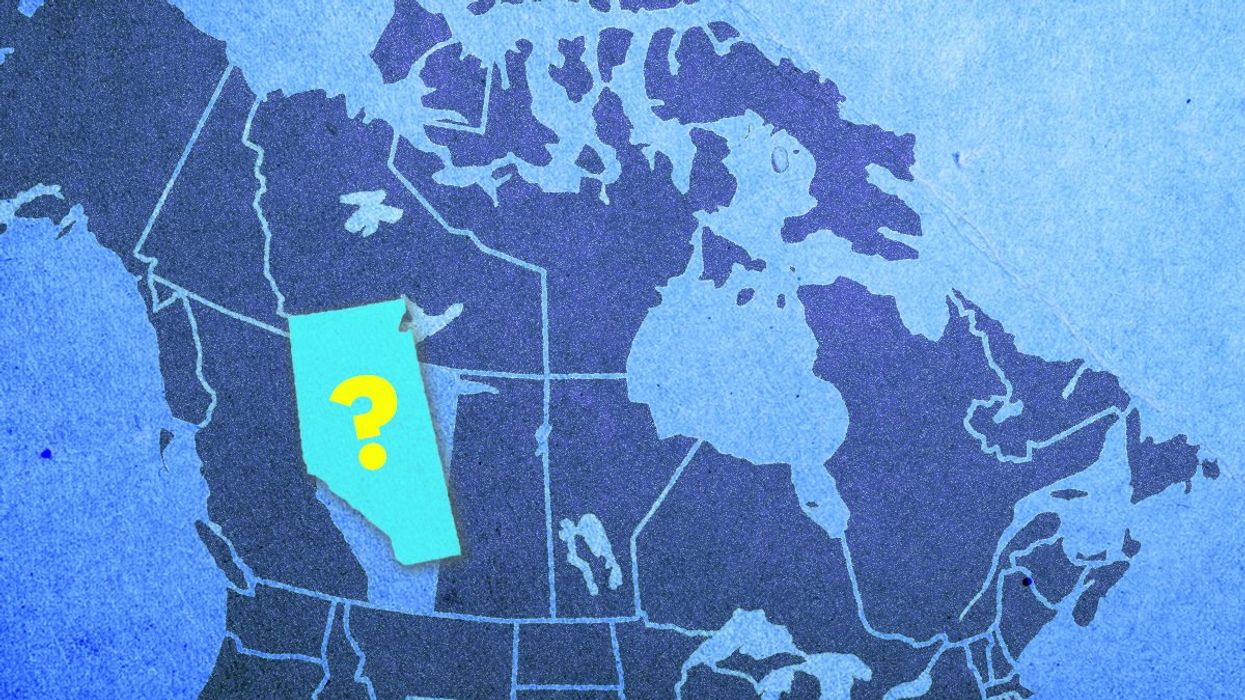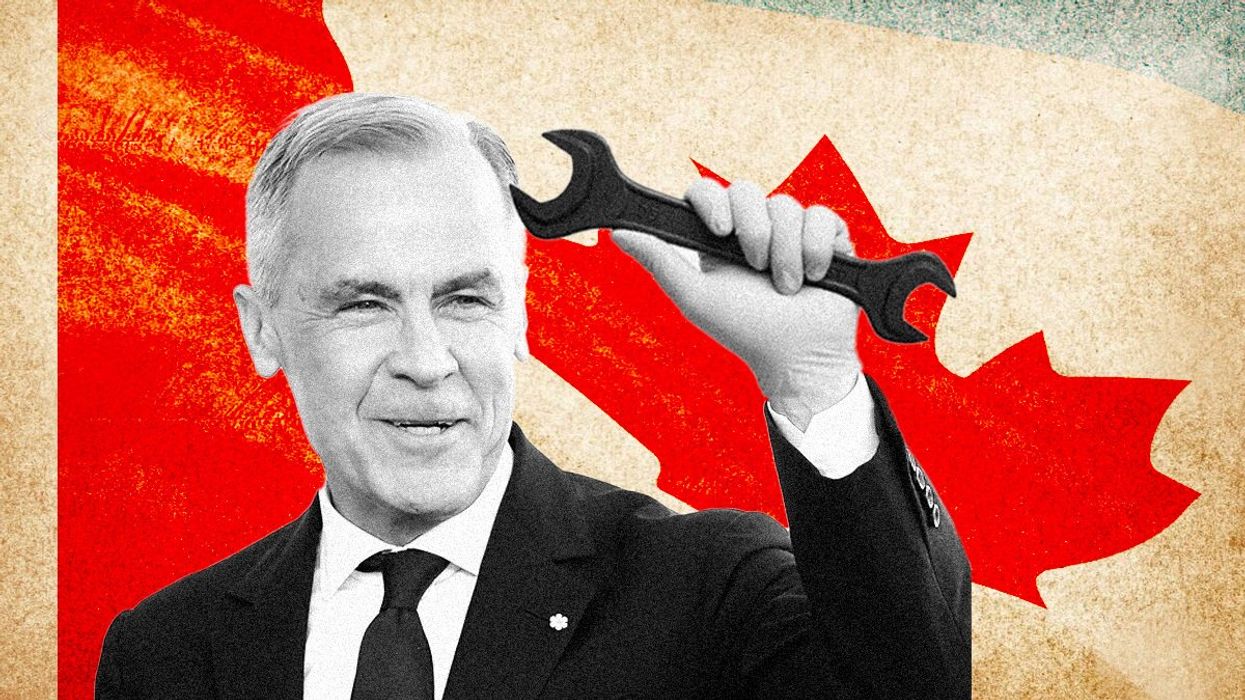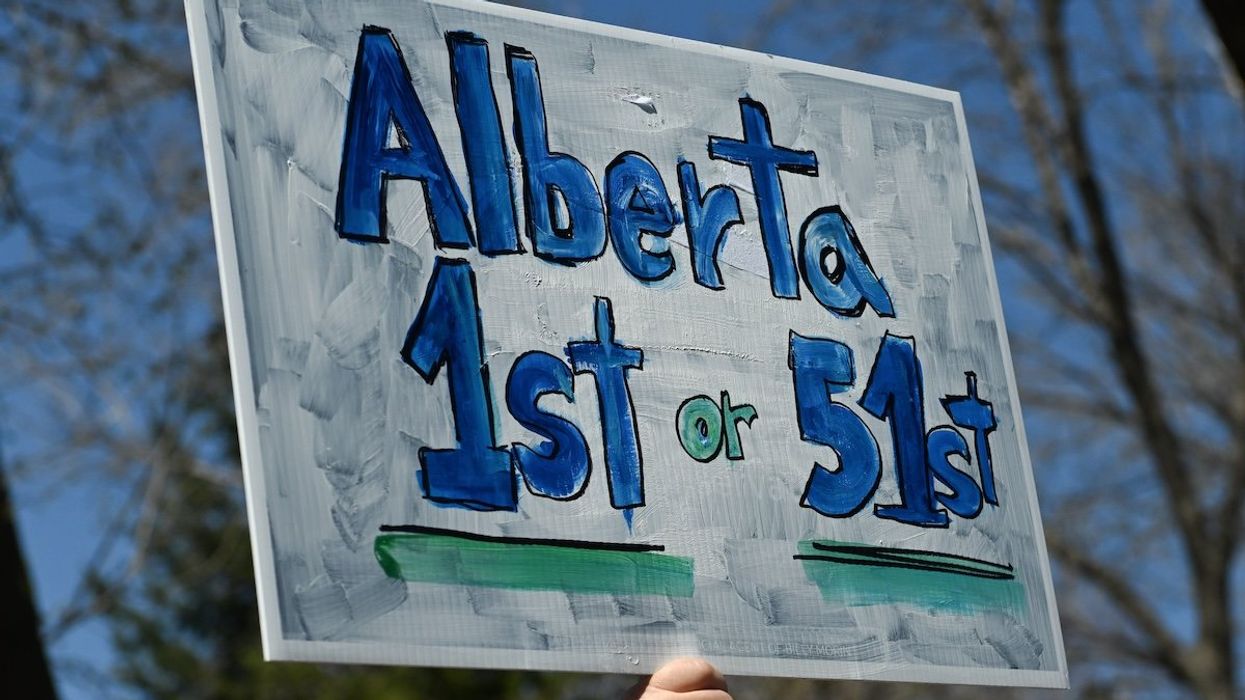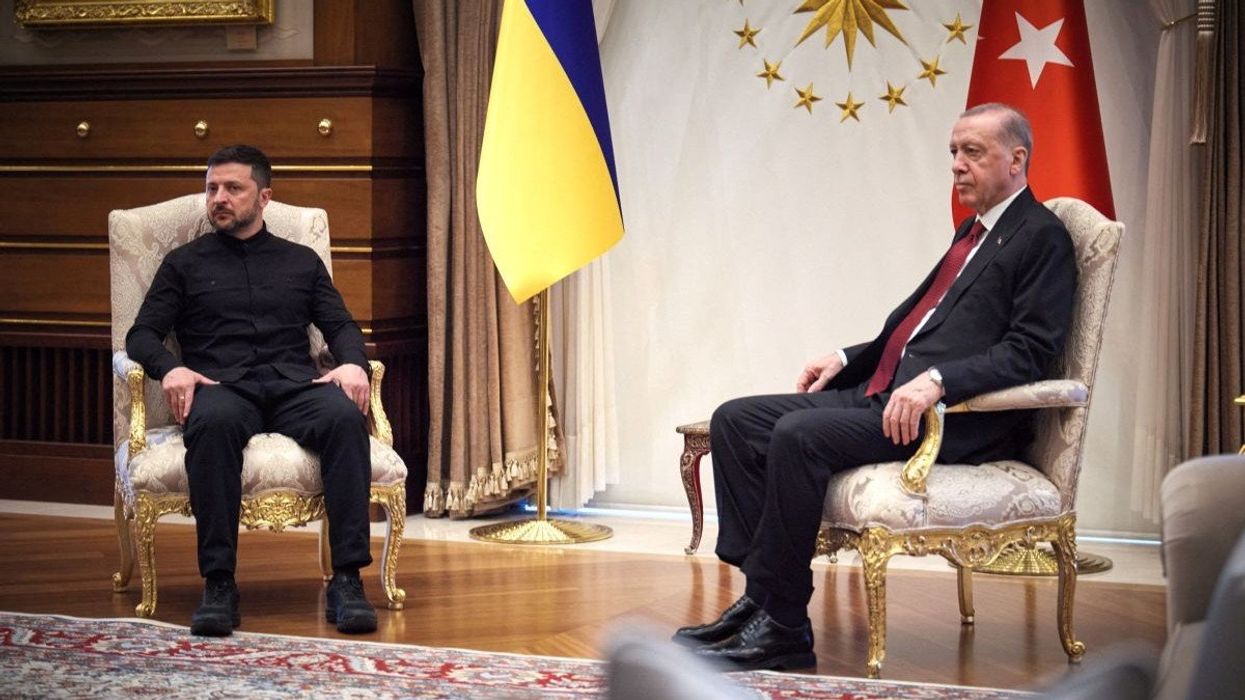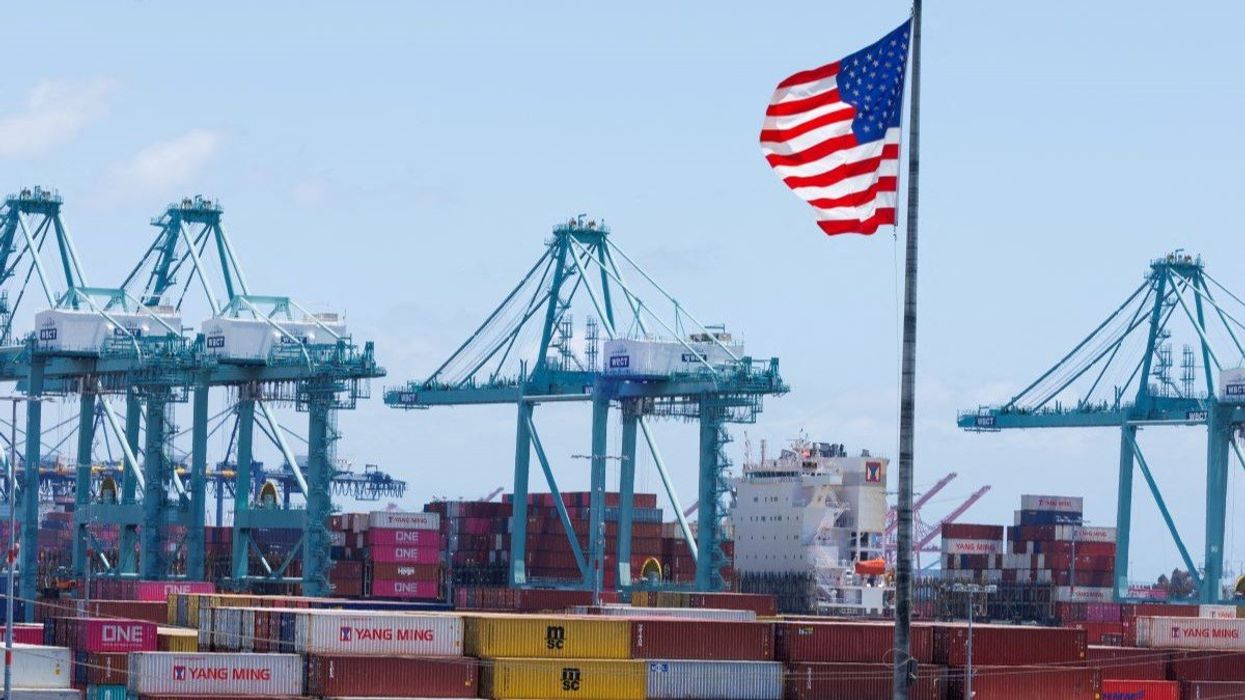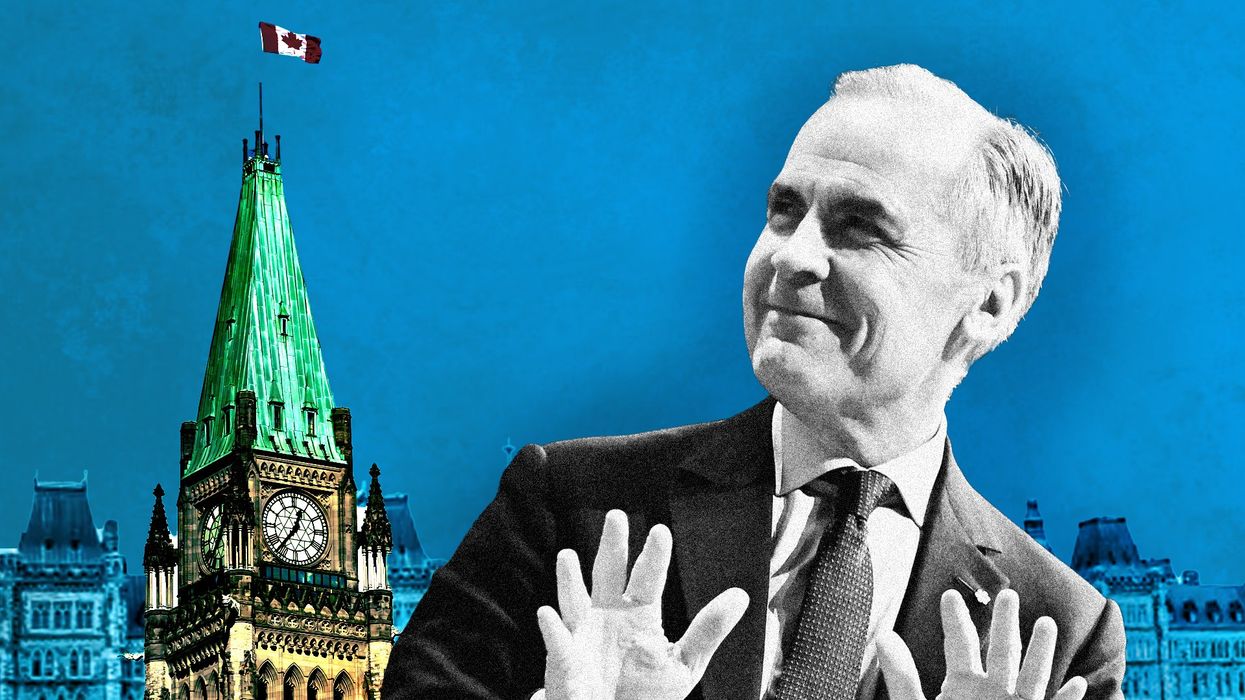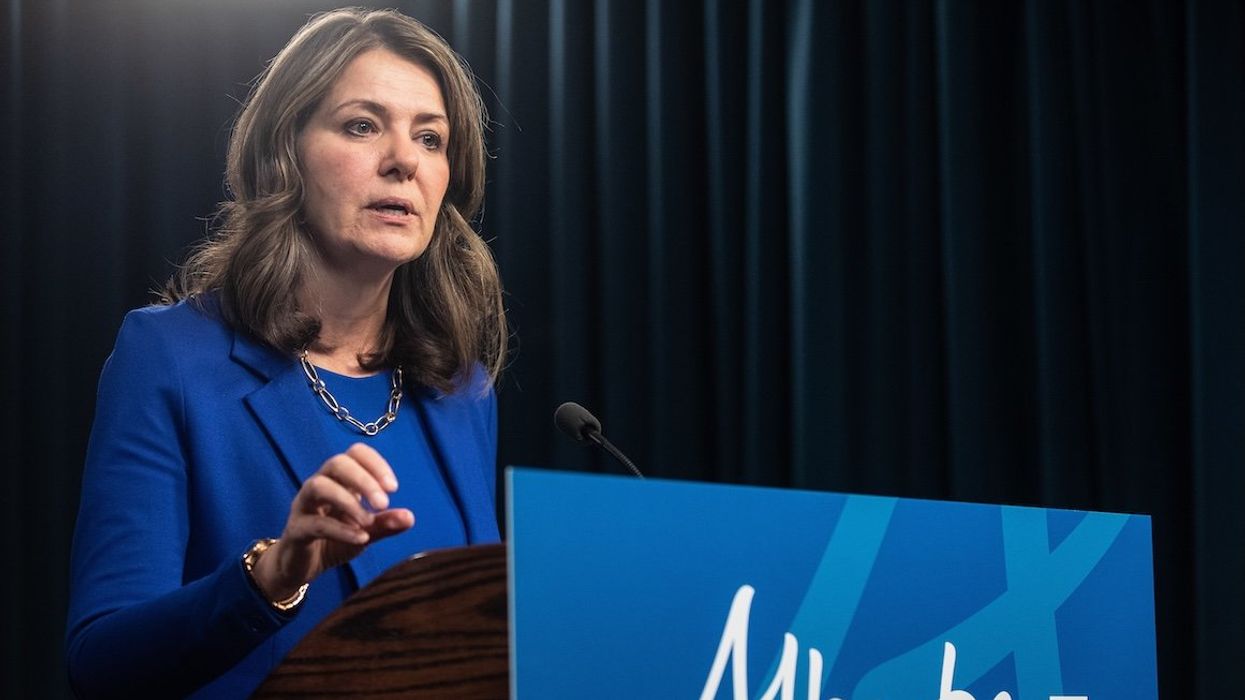VIDEOSGZERO World with Ian BremmerQuick TakePUPPET REGIMEIan ExplainsGZERO ReportsAsk IanGlobal Stage
Site Navigation
Search
Human content,
AI powered search.
Latest Stories
Sign up for GZERO Daily.
Get our latest updates and insights delivered to your inbox.
Global Stage: Live from Munich
WATCH RECORDING
Stephen Maher
Freelance Columnist
Stephen Maher is an award-winning investigative journalist, a Harvard Nieman fellow, and the author of three novels. He has a BA in international development studies from the University of Kings College in Halifax, Nova Scotia. He has lived in Jamaica, Japan, France, and the United States, and has traveled widely around the world, sometimes on his own sailboat. He speaks French and is working on Spanish.
Fields of expertise
Canadian politics
Education
University of Kings College in Halifax


